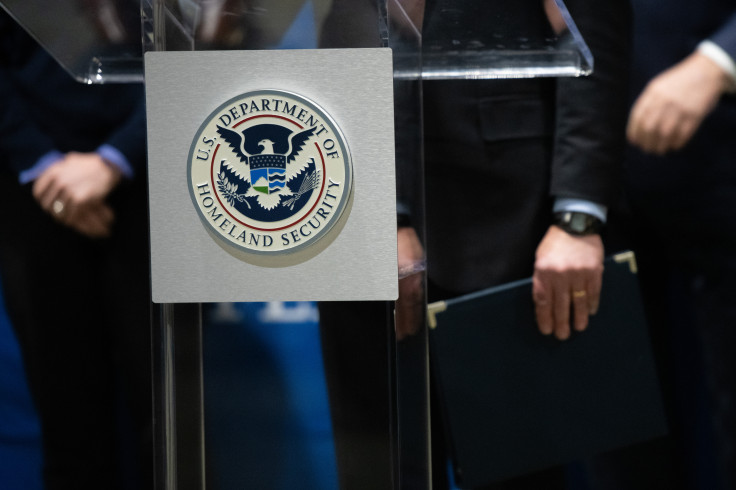
The last few months have proven to be quite eventful for the CHNV parole program, which allows migrants from four countries (Haiti, Cuba, Nicaragua and Venezuela) to receive work permits and a two-year authorization to live in the U.S., granted they count on a U.S. sponsor and pass biometrical and biographical vetting.
In July, the program, which the Biden Administration believes helps deter migrants from the benefited countries from entering illegally, was temporarily halted after an internal investigation by Homeland Security revealed a substantial fraud in which over 100,000 applications had been filed by a little over 3,000 so-called serial sponsors.
CHNV was resumed in late August, a timely relief for the current administration, which considers it one of its flagship programs in curbing illegal immigration as the November elections loom.
On Monday, the CHNV got a further update in the form of a clarification from a DHS spokesperson, reported by Univision Noticias, as individuals who entered the country through the program and fail to change their legal status for asylum or another legal immigration program within two years must leave the country or face deportation proceedings once their parole period expires:
"Any discretionary grant of parole will be for a temporary period of up to two years. Those who are not granted asylum or other immigration benefits must leave the United States at the end of their authorized parole period or, generally, will be placed in deportation proceedings after the parole period expires."
DHS reiterated that the two-year window also allows recipients to work and contribute to the U.S. economy while applying for legal status. The program, according to a DHS spokesperson, is part of broader efforts to reduce irregular migration by collaborating with foreign partners, improving refugee processing, and facilitating legal immigration pathways in the region.
The parole program was initially introduced in April 2022 to aid Ukrainian nationals fleeing the Russian invasion. It was later expanded to include Venezuelans in October 2022 and Cubans, Haitians, and Nicaraguans in January 2023.
The most recent data from U.S. Customs and Border Protection (CBP) shows that more than 110,000 Cubans, 210,000 Haitians, 93,000 Nicaraguans, and 117,000 Venezuelans have entered the country under the program. The CBP noted that encounters with undocumented nationals from these countries at the U.S.-Mexico border have decreased by 99% since the parole processes were implemented.
© 2025 Latin Times. All rights reserved. Do not reproduce without permission.





